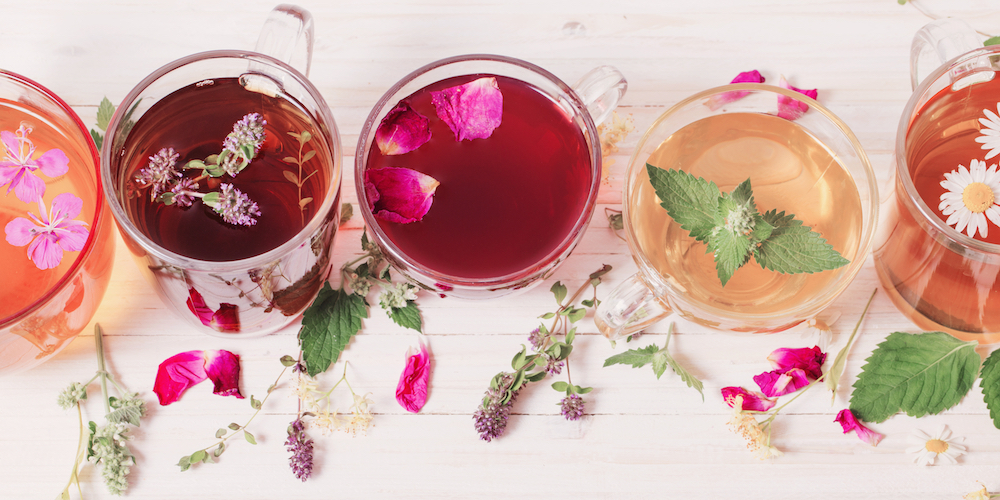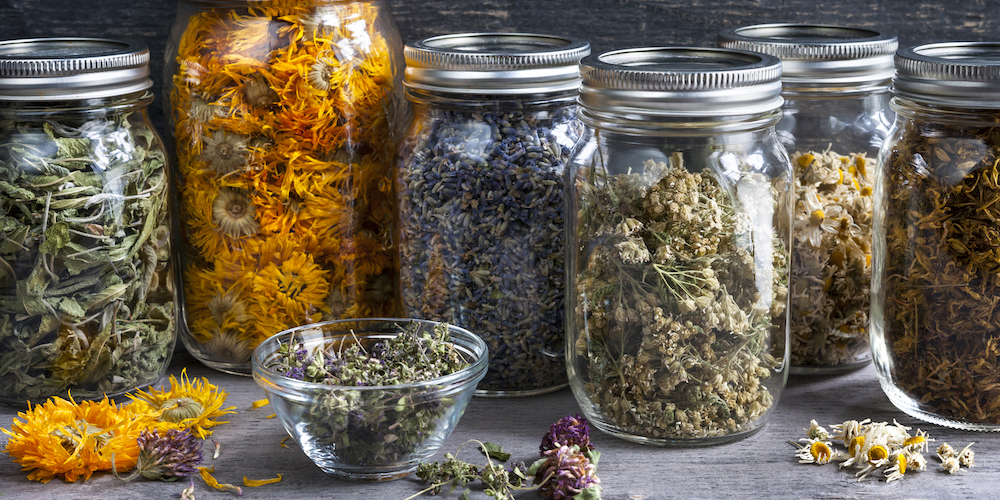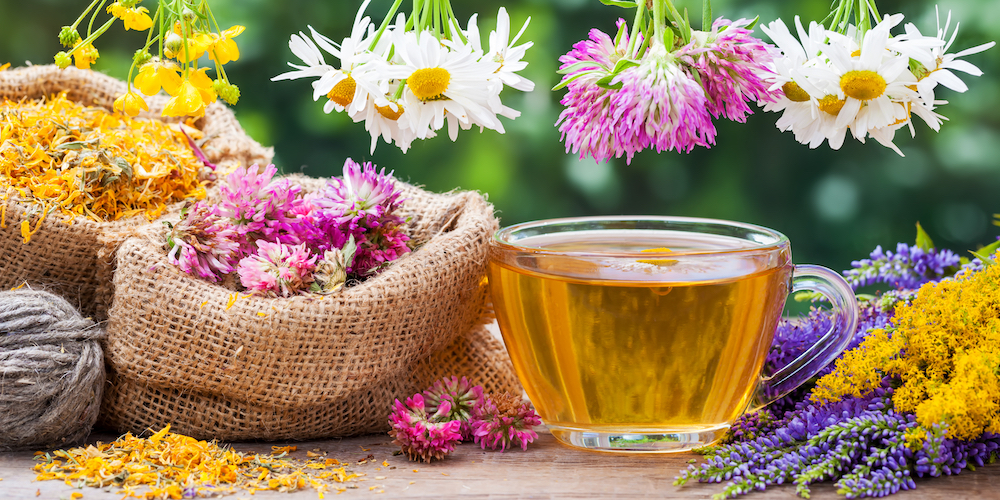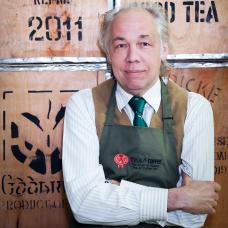What Tea is Good for Iron Deficiency?

Brewing a hot cup of tea is a soothing way to relax and unwind after a long day. But what you may not know is that some tea ingredients provide good sources of nonheme iron, a type of plant-based dietary iron. Sufficient daily iron intake can help prevent iron deficiency anemia, a condition that causes fatigue, weakness, and decreased immune function.
So if you’re looking for an easy way to boost your daily iron intake, drinking tea is a great option! In this blog post, we’ll discuss 11 delicious tea ingredients that are high in nonheme iron.
Table of Contents
What is Iron Deficiency
Iron deficiency anemia is a condition characterized by a lack of iron in the blood. This can lead to fatigue, weakness, and decreased immune function. One way to prevent iron deficiency anemia is to make sure you’re getting enough iron in your diet.
Nonheme iron is a type of plant-based dietary iron that can be found in a variety of foods, including Herbal Tea.
So if you’re looking for an easy way to boost your daily iron intake, drinking tea is a great option! In this blog post, we’ll discuss 11 delicious tea ingredients that are high in nonheme iron.

Can Tea Cause Iron Deficiency or Affect Iron Absorption
While some tea types are a great way to boost your iron intake, it’s important to remember that tea can also interfere with the absorption of iron. This is because real tea from the Camellia Sinensis tea plant, like black tea, green tea or even oolong tea contains tannins.
Tannins in tea can bind to iron and prevent its absorption. For this reason, it’s best to drink tea between meals or at least an hour before or after eating. This will help ensure that your body can absorb the iron from your food.
If you’re concerned about iron deficiency, talk to your doctor. They can help you determine if you need to take additional steps to ensure that you’re getting enough iron in your diet. Thanks for reading!

Best Tea to Drink for Iron Deficiency
If you’re looking for a delicious way to increase your nonheme iron intake, herbal tea is a great option! Made with dried herbs, fruits, and spices. This makes it a great source of many vitamins and minerals, including nonheme iron:
1. Camomile Flower Tea: This fragrant flower is used to brew a popular herbal tea. Camomile tea is often used as a natural remedy for insomnia and anxiety.
Just one cup of chamomile tea provides 0.63 mg of nonheme iron.
2. Hibiscus Tea Bags: Hibiscus flowers are used to brew both hot and cold teas. Hibiscus tea has a tart, cranberry-like flavor and is rich in antioxidants.
Just one cup of hibiscus tea provides 0.71 mg of nonheme iron.
3. Lemon balm Tea: This lemon-scented herb is often used to brew herbal teas. Lemon balm tea has a calming effect and can be used to treat anxiety and insomnia.
Just one cup of lemon balm tea provides 0.81 mg of nonheme iron.
4. Peppermint Tea: Peppermint leaves are used to brew both hot and cold teas. Peppermint tea has a refreshing, minty flavor and is rich in antioxidants. J
Just one cup of peppermint tea provides 0.85 mg of nonheme iron.
5. Rosehips Tea: Rosehips are the fruit of the rose plant and are often used to brew herbal teas. Rosehip tea is high in Vitamin C and antioxidants.
Just one cup of rose hip tea provides 0.97 mg of nonheme iron.
6. Sage Tea: Sage leaves are used to brew both hot and cold teas. Sage tea has a savory, slightly bitter flavor and is rich in antioxidants.
Just one cup of sage tea provides 0.99 mg of nonheme iron.
7. Thyme Tea: Thyme leaves are used to brew both hot and cold teas. Thyme tea has a savory, slightly minty flavor and is rich in antioxidants.
Just one cup of thyme tea provides 0.99 mg of nonheme iron.
8. Lavender Tea: Lavender flowers are used to brew both hot and cold teas. Lavender tea has a floral, slightly sweet flavor and is rich in antioxidants.
Just one cup of lavender tea provides 0.99 mg of nonheme iron.
9. Lemon verbena Tea: Lemon verbena leaves are used to brew both hot and cold teas. Lemon verbena tea has a refreshing, lemon-like flavor and is rich in antioxidants.
Just one cup of lemon verbena tea provides 0.99 mg of nonheme iron.
10. Rooibos Tea: Rooibos leaves are used to brew both hot and cold teas. Rooibos tea is rich in antioxidants and has a sweet, nutty flavor. Just one cup of rooibos tea provides 0.99 mg of nonheme iron.
11. Nettle Tea: Nettle leaves are used to brew both hot and cold teas. Nettle tea is rich in vitamins and minerals, including iron.
Just one cup of nettle tea provides 0.99 mg of nonheme iron.
As you can see, there are a variety of delicious tea ingredients that are high in nonheme iron. If you’re looking for an easy way to boost your daily iron intake, drinking tea is a great option! Do you have a favorite tea recipe? All of the above teas are available on our online tea and coffee store, why not see out selection of over 70 Herbal Teas.
Conclusion
If you’re looking for a delicious and easy way to boost your iron intake, try drinking tea! Tea is a great source of nonheme iron, and there are plenty of delicious tea recipes to choose from.
Just remember that tea can also interfere with the absorption of iron, so it’s best to drink it between meals or at least an hour before or after eating.
We hope you enjoyed this blog post about tea and iron deficiency.

 Loose Leaf Tea
Loose Leaf Tea Pyramids
Pyramids Tea Bags
Tea Bags Africa
Africa Assam
Assam Ceylon
Ceylon Chinese
Chinese Darjeeling
Darjeeling European
European Indian
Indian Japan
Japan Nepal
Nepal South East Asia
South East Asia Ayurveda Tea
Ayurveda Tea Black Tea
Black Tea Chai Tea
Chai Tea Flowering Tea
Flowering Tea Fruit Tisanes
Fruit Tisanes Green Tea
Green Tea Herbal Tea
Herbal Tea Matcha Tea
Matcha Tea Oolong Tea
Oolong Tea Organic Tea
Organic Tea Pu erh Tea
Pu erh Tea Rooibos Tea
Rooibos Tea White Tea
White Tea Asian Coffee
Asian Coffee Caribbean Coffee
Caribbean Coffee Central American Coffee
Central American Coffee South American Coffee
South American Coffee Coffee Blends
Coffee Blends Decaffeinated Coffee
Decaffeinated Coffee Espresso Coffee
Espresso Coffee Ethically Sourced Coffee
Ethically Sourced Coffee Flavoured Coffee
Flavoured Coffee Organic Coffee
Organic Coffee Single Origin Coffee
Single Origin Coffee Chocolate 1
Chocolate 1 Chocolate 2
Chocolate 2 Chocolate 3
Chocolate 3 Chocolate 4
Chocolate 4 Chocolate 5
Chocolate 5 Chocolate 6
Chocolate 6 Chocolate 7
Chocolate 7 Chocolate 8
Chocolate 8 Chocolate 9
Chocolate 9 Loose Tea Filters
Loose Tea Filters Tea Accessories
Tea Accessories Tea Bricks
Tea Bricks Tea Caddies
Tea Caddies Tea Caddy Spoons
Tea Caddy Spoons Tea Gift Ideas
Tea Gift Ideas Tea Infusers
Tea Infusers Tea Strainers
Tea Strainers